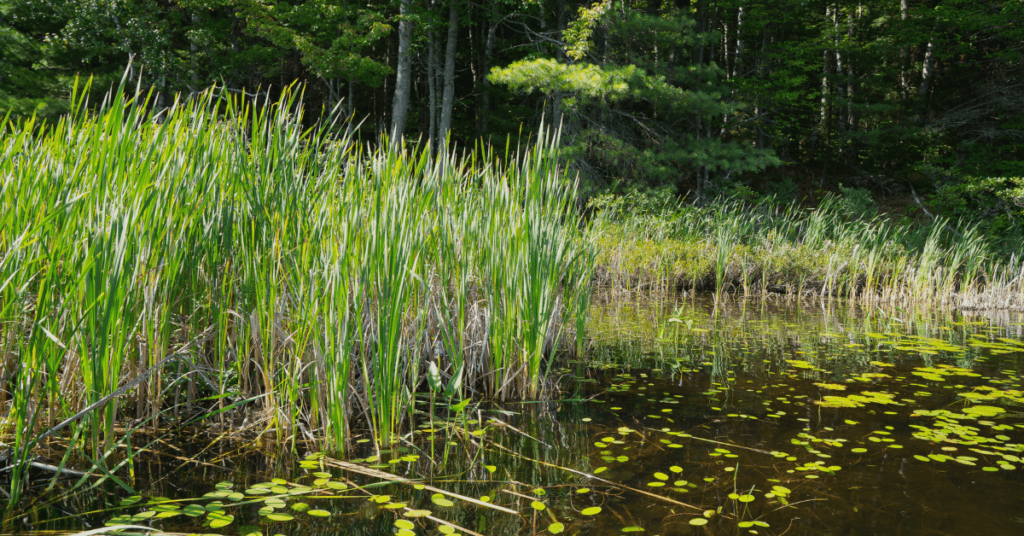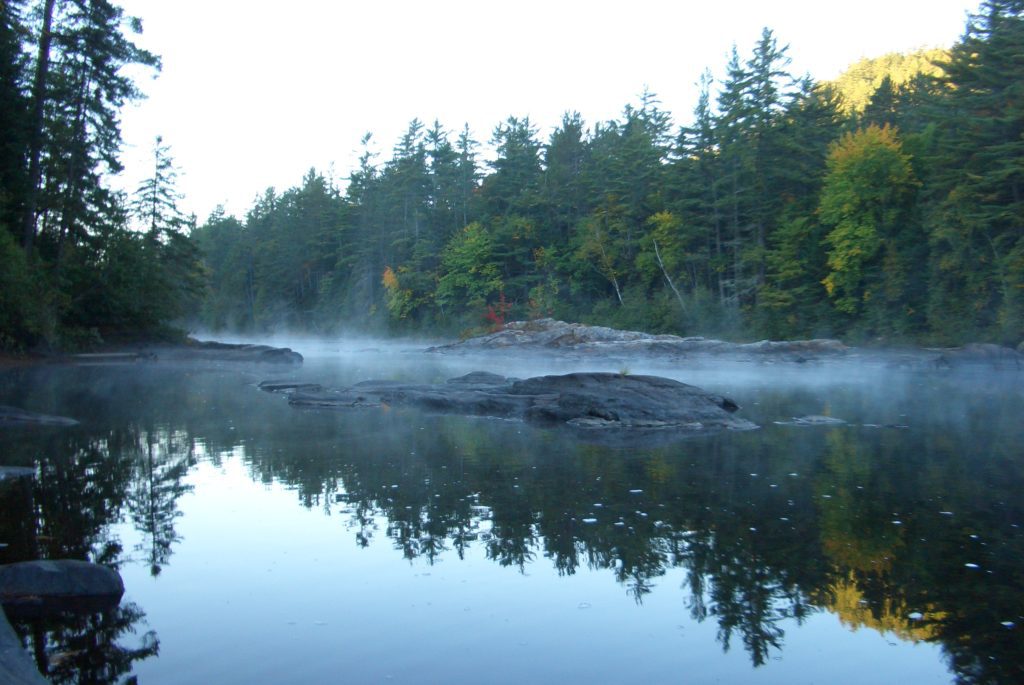Have you heard of the personal wipe craze? Between 2003 and 2013, the international sales of these products nearly doubled to 170 billion units. That’s a lot of wipes to dispose of and a lot of them are ending up in rivers instead of landfills.
Part of the problem is that the labels on the package can be misleading, letting consumers believe they can be flushed down the toilet. Our wastewater treatment systems weren’t designed to handle personal wipes, and it’s Canadian municipalities that are left with the bill to clean up the mess – estimated at $250 million annually.
Unlike toilet paper, personal wipes don’t breakdown as easily due to their strong fibres. When flushed, these wipes can clog pipes, damage municipal infrastructure, and make their way into waterways during sewage bypass events.
Sewage bypasses happen quite frequently in cities like Toronto and London during heavy rainfall events, which can lead to thousands of personal wipes ending up in our streams and lakes. The attached picture shows an outfall pipes at an urban pumping station. Most of that gross tattered material you see is a mass of so-called “flushable wipes.”
While companies have been making millions of dollars convincing the public they need to use pre-moistened personal wipes instead of ordinary toilet paper, municipalities are forced to spend millions of dollars to clean them up. This is especially unfortunate when municipalities are struggling to find ways to manage enormous infrastructure deficits, repair leaky pipes, and replace outdated systems.
The good news is that some companies are showing leadership by telling consumers that these products can’t be flushed down the toilet. Loblaw Companies Ltd. recently decided to add the “Do Not Flush” logo to their baby wipe and household wipe products. Loblaw made that decision after Canada’s Municipal Enforcement Sewer Use Group (MESUG) sent a letter to the company, noting the negative environmental and human health impacts of the wipes when flushed.
Proper labelling is critical to help consumers make the right choices for the environment and their health. Environmental Defence is also calling on the Ontario government to act on its election commitment to provide Ontarians with better information about the impacts of various products on the environment. Products that contain chemicals linked with cancer is one particular area of concern. You can write to the government asking them to consider adopting mandatory labelling to inform the public if a product contains a substance deemed toxic.
Personal wipes really aren’t needed. But if you do buy them, at least make sure that you don’t flush them. While it may seem convenient, flushing wipes and other garbage down the toilet is an unnecessary expense for municipalities and leads to further pollution in our streams and lakes. Help protect our water by putting garbage in its proper place.








